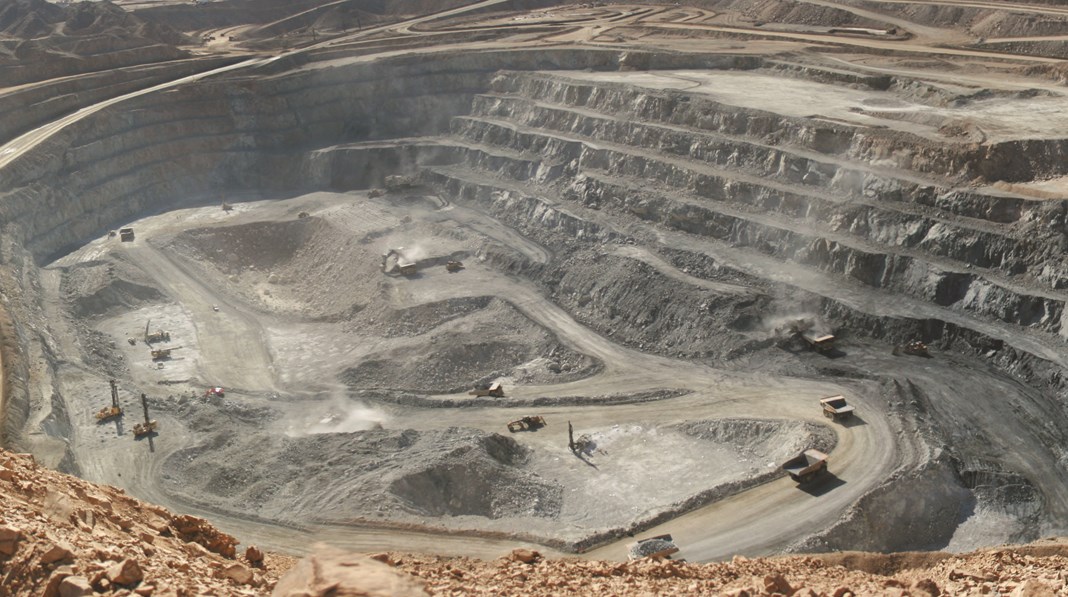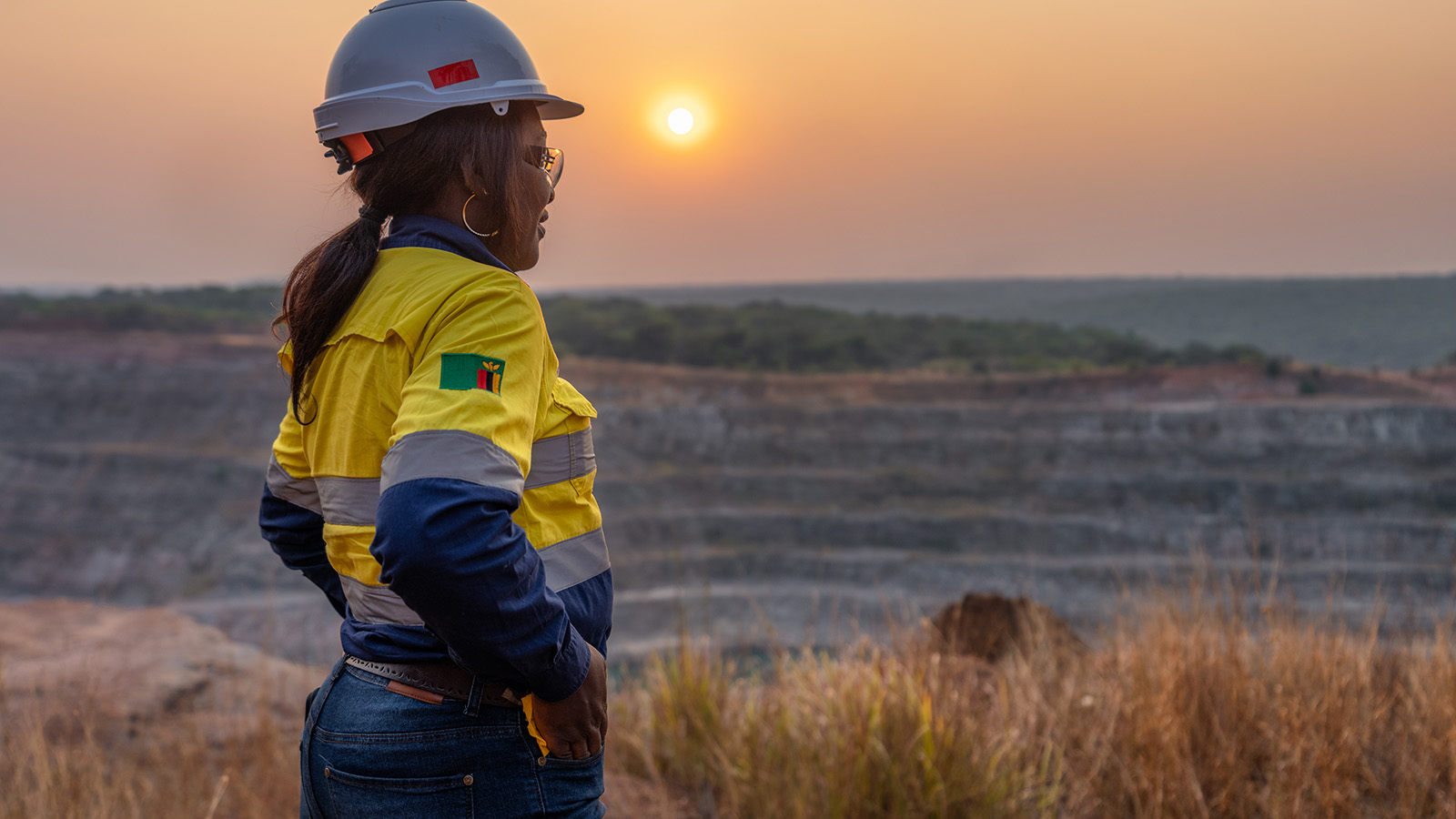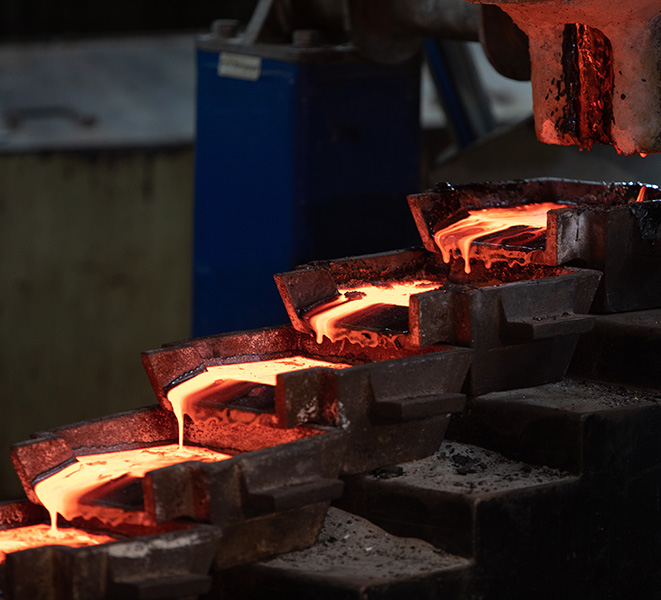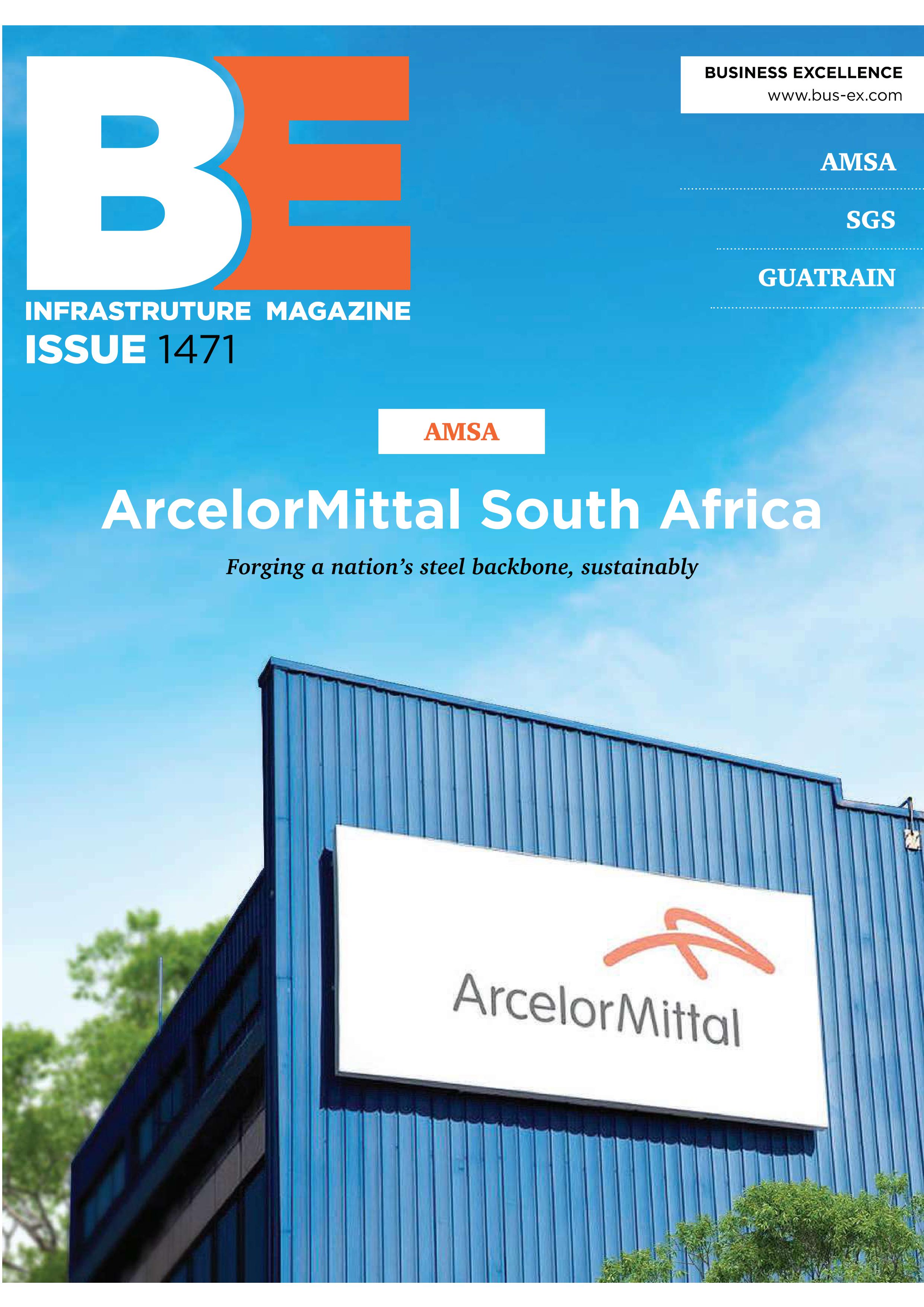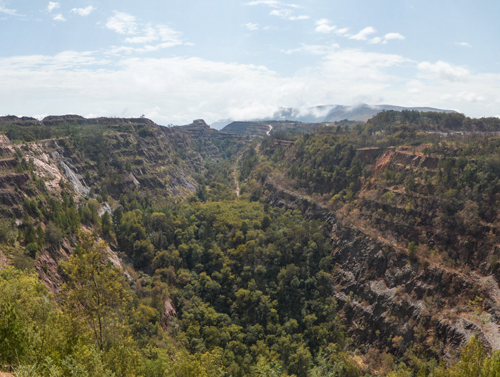
From you position within the IFC, what is your perception of the global mining sector today?
Butler: Obviously the industry today is facing a lot of pressure when it comes to the commodity downturn that we have seen and the subsequent need to cut costs and shelve a number of projects because of the market environment. From my perspective within the IFC, I think for the most part the industry has shown in recent times that it understands the need and importance of having what has been called a social license to operate, and this means conducting activities in a way that is acceptable from an environmental and social perspective. Whereas some 10-to-15 years ago a large number of companies would have admitted that such issues would not be high on their list of priorities, today the vast majority have made it a top priority – many are getting it right on environmental matters – that is what engineers are good at, and mining companies are full of engineers - but on social aspects and community interactions, many companies are still struggling to get it right.
How would you define the IFC’s role in the mining sector today?
Butler: Today we are involved in some really big landmark transactions, which will significantly impact the host countries when they finally start producing. That is one strand of our business and it is a key strand for us to be involved in. The other strand of our business is what we call our Early Equity Strategy, which is to invest in junior mining companies that are still in the exploration stage and that is something we have built up in the last six or seven years. We only used to look at financing projects at a construction stage, whereas now we are engaging at a much earlier stage with companies, working with them to help get the environmental, social and sustainability aspects of their business right so that by the time they get to construction they have got a project that has the best possible social licence to operate.
In its role of adding value to clients in the mining sector, how does the IFC approach individual operations and is this there a set of criteria you look for in a project before becoming involved?
Butler: IFC is the private sector part of the World Bank and in many ways we act like a commercial bank, with the difference being that we are prepared to go to places that a typical commercial bank may not interested in going. So the first thing to say is that any project we look at has to make sense from a commercial point of view, we are not a provider of soft funding or subsidised funding. The second thing we look for is sponsors, ownership and management who are committed to implementing our performance standards, which basically govern the environmental and social approach to a project and to developing the project in a sustainable manner. There are lots of definitions that can accompany the word sustainable, but to my mind it means in a way that will maximise the positive impact of the project for all stakeholders.
What would identify as some of bigger challenges that mining companies are facing today?
Butler: What a number of companies are struggling more with is the social dimension of their operations. We have found that the expectations of local communities to be engaged are increasing, largely as a result of the globalisation of communications and the fact that people have instant access information and events connected to mining on the other side of the planet. This means that a lot of companies constantly have to play catch up with just how fast the world of communications is evolving. We are putting a lot of effort towards this particular issue and are working closely with our client companies to make them aware of the importance of getting the communication aspect of their business right.
How exactly are you helping your client companies overcome this particular issue?
Skoldeberg: One area that mining companies are starting to focus more on is going beyond communicating with their staff, consultants and stakeholders, and ensuring that things can be communicated back up within the business itself. We help our smaller clients establish the processes and strategies for communication with their stakeholders that are appropriate for their size, and the business phase they are in. When it comes to our larger clients we take a look at how they are approaching the idea of communications in general and then offer any advice and assistance. We are also working on some studies on trends and best practices in communications with partners in the mining industry that we hope to complete in the fall of 2013.
The demand for mining companies to prove that they can conduct their operations in an ethical and responsible manner has arguably never been greater. Have you been encouraged by what you have seen from said companies when it comes to addressing these issues?
Butler: I think most companies do understand the importance of these issues, most companies are saying that they are doing it and most are actually getting it right on the environmental side. Where I see a number struggling however is on that social side of things that I mentioned previously, as this can be because the necessary cultural change within a company takes longer to be implement or simply because achieving the commitments made by top management can be extremely difficult in a short space of time. Where IFC stands in all this is that we have a huge amount of experience of, and exposure to, a range of global issues and such we have the ability to look at a particular problem for a company in one location and highlight examples of the way that issue has been dealt with elsewhere with the aim of reaching a positive conclusion for all parties.
You touched on the concept of sustainability earlier and this is another core theme today. How is IFC helping to facilitate positive developments in this area of the industry?
Butler: One of the main things we do is run an annual event called the IFC Sustainable Exchange where we try to facilitate an exchange of information, knowledge and ideas. Through such gatherings and our work in general we are able to witness common themes across the industry. One such theme is the issue of water management, particularly in dry countries like Chile, in Mongolia where there is a water shortage and in countries like Peru where local communities fear that mining projects will negatively impact their own resources. One of the ways we are trying to help companies work through these issues is by exercising what we call our convening power. Because of who we are we are able to convene discussions and working groups on these kinds of issues. We have got a multi-company group in Mongolia for example that is trying to work through how to deal with the issues around access to water, communications around how much water a project will use and how much this will impact on the community.
What do you feel will be one of the bigger issues facing the mining sector in developing countries in the coming years?
Butler: One of the top issues which the G8 has decided to focus on this year is transparency within the industry. While it is fair to say that a number of companies have taken a lead by voluntarily disclosing the nature of the contracts agreed with governments, there will certainly be a bigger push to this transparency to become much broader. This will require developing countries that have big extractive industries to be much more open about what is being signed up to, what kind of payments are being received from mining companies and what that money is being used for. We will hear even more about this in the next few years.
Further to that, how would you describe the IFC’s agenda for the immediate future when it comes to mining related activities?
Butler: The reason that the World Bank Group supports the mining industry is fundamentally because in a number of countries mining is the key to alleviating poverty and that is the core, underlying mission of the World Bank Group. In a large number of countries mining is indeed going to be key to achieving that because the fiscal flows to government generated from a successful mine can be hugely significant. Therefore our continued priority will be to support mining projects in these developing countries where mining can really make a big difference to the lives of everyone.
For more information about International Finance Corporation (IFC) Mining please visit:



